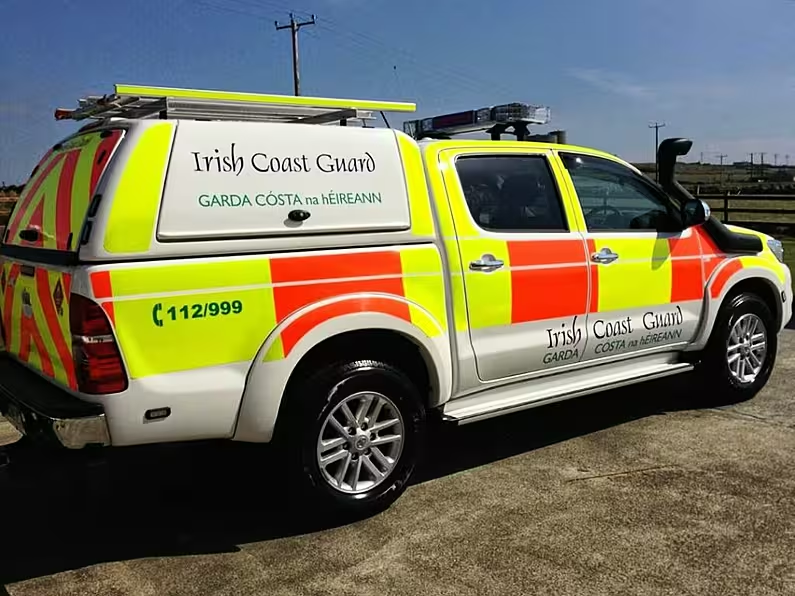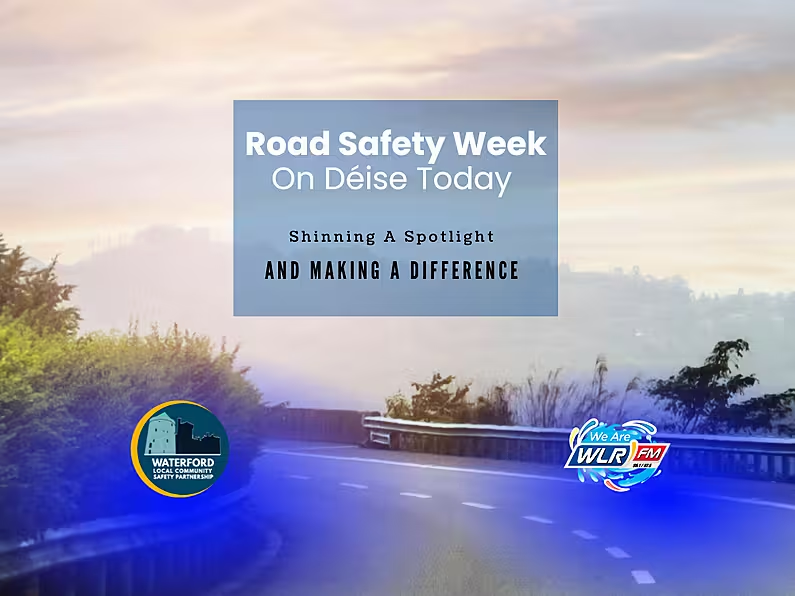The Coast Guard, RNLI and Water Safety Ireland have issued a joint water safety appeal asking people to take some basic steps to stay safe.
As the weather improves, more incidents continue to occur as people visit waterways nationwide or participate in coastal and inland aquatic activities.
While air temperatures are set to improve from next weekend, water temperatures remain cold even at this time of year.
There has been a seasonable increase in the overall number of search and rescue incidents with activity levels similar to recent years.
The three organisations are drawing particular attention to the need for people involved in sea kayaking and similar activities. They're asking that you receive proper training before going on the water, carry a reliable means of calling for help, tell someone where you are going and what time you will be back.
The three organisations advise everyone intending to take part in any water-based activity or coastal walks to take some basic steps in advance to keep safe:
If heading out on the water or visiting the coast:
- Always check the weather and tides
- Carry a reliable means of raising the alarm (i.e. VHF radio or phone)
- Tell someone where you are going and what time you will be back
- Wear a suitable Personal Flotation Device on the water
- Watch out for incoming tides to avoid getting cut off.
- With High Tides ranging from midday to early evening depending on the part of the coast, it is important that people check before walking along the coast.
If you are swimming:
- Water temperatures are still cold at this time of the year, consider wearing a wetsuit to stay warm
- Acclimatise slowly
- Wear a bright swimming cap and consider a tow float to increase your visibility
- Never swim alone and always ensure that your activity is being monitored by a colleague
Kevin Rahill, RNLI Water Safety Lead, added: ‘Many people will be taking to the water for the first time this year and this is a good time to think about checking your equipment, especially your lifejacket. We recommend that people get their lifejackets serviced annually. Not everyone intends to end up in the water. If you fall in unexpectedly, remember to ‘Float to Live’ – lie on your back and spread your arms and legs, gently moving them to keep afloat. Keep floating until you feel your breath coming back before calling for help or swimming ashore if nearby."
‘For visitors and people new to our shores, the RNLI has a range of translated safety resources in many languages which are available to download here.














